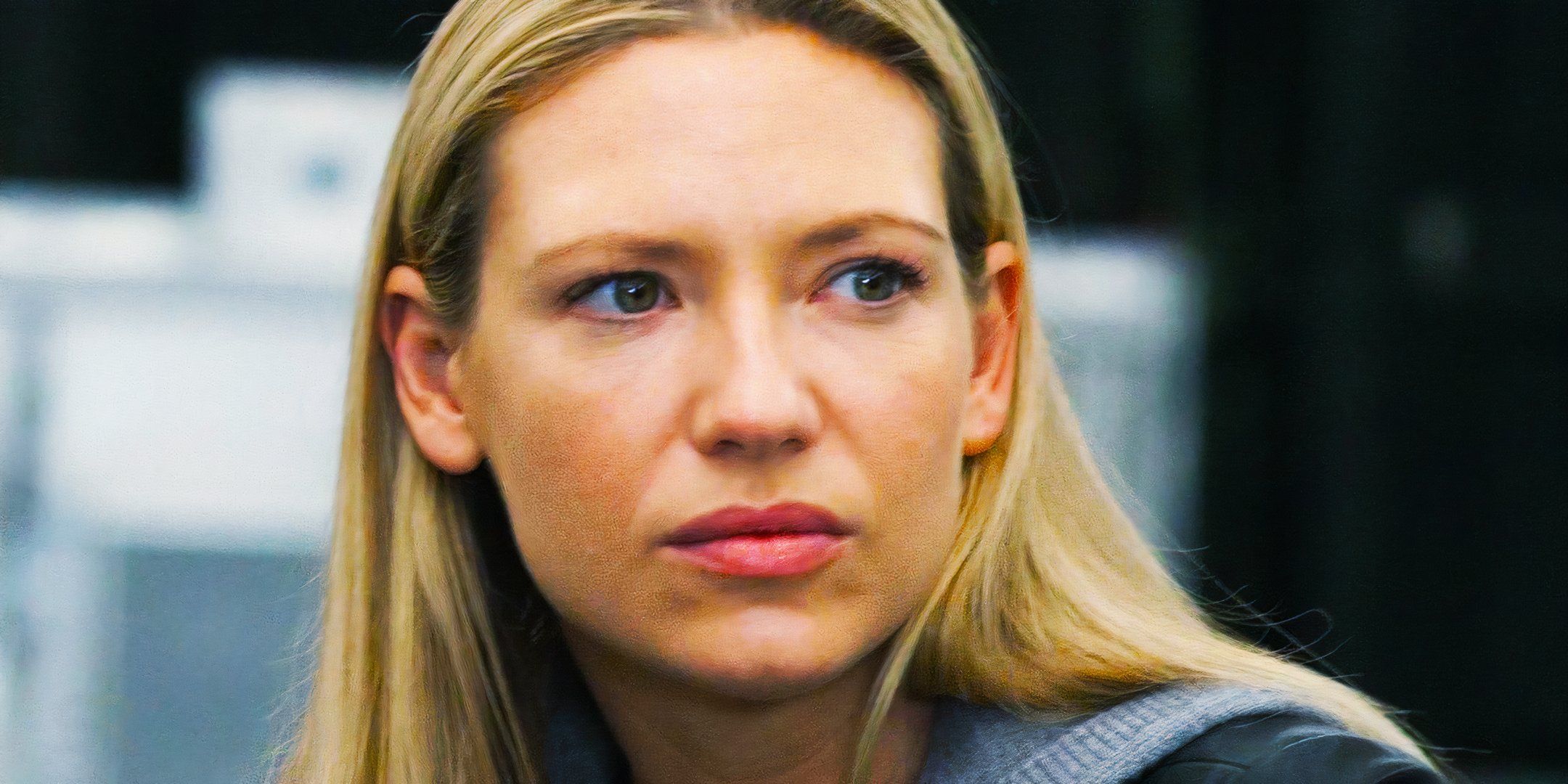
The TV show “Fringe” had an ending that was both heartwrenching and controversial within modern science fiction. While its open-ended nature was praised, it posed challenges for any potential continuation. The finale in 2013 left fans feeling deeply emotional yet puzzled about timelines, sacrifices, and identities. The last season skipped ahead to a dystopian 2036, where the Fringe team fought against an Observer-dominated future. Walter Bishop (played by John Noble) made the ultimate selfless act, entering the unknown to save the world by erasing the future.
The series Fringe ended in a way that was more emotional than clear, as character Peter Bishop (played by Joshua Jackson) received a mysterious white tulip in an ordinary 2015. This was like the show dropping a thematic bomb, swapping explanations for feelings, which left room for fans to make their own interpretations. If Fringe were to come back today, it would likely change that original ending. The conclusion of the Fringe TV series was effective because it wrapped up a storyline while still leaving some mystery, but bringing the show back would necessitate revisiting that ending’s loose ends.
Fringe’s Ending Was Purposely Ambiguous And Didn’t Have All The Answers
The Final Episode Of Fringe Gave Fans Closure Without Giving Away All Its Secrets
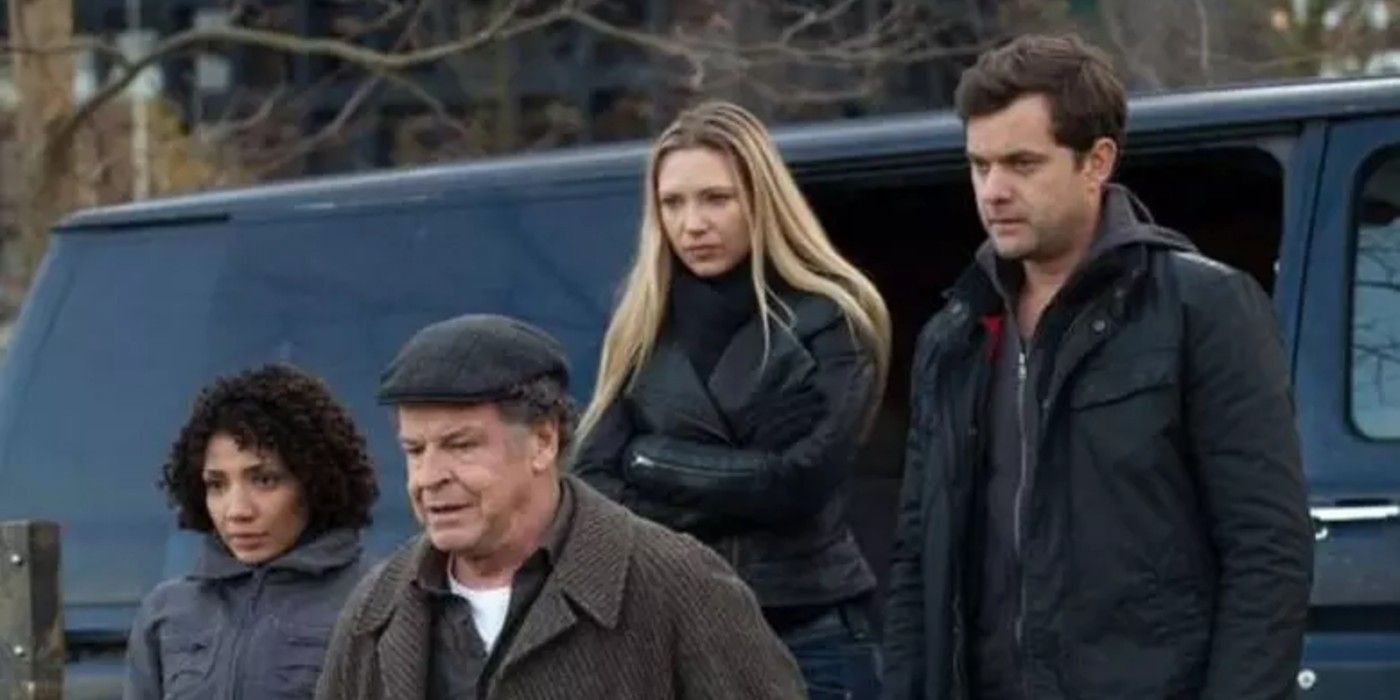
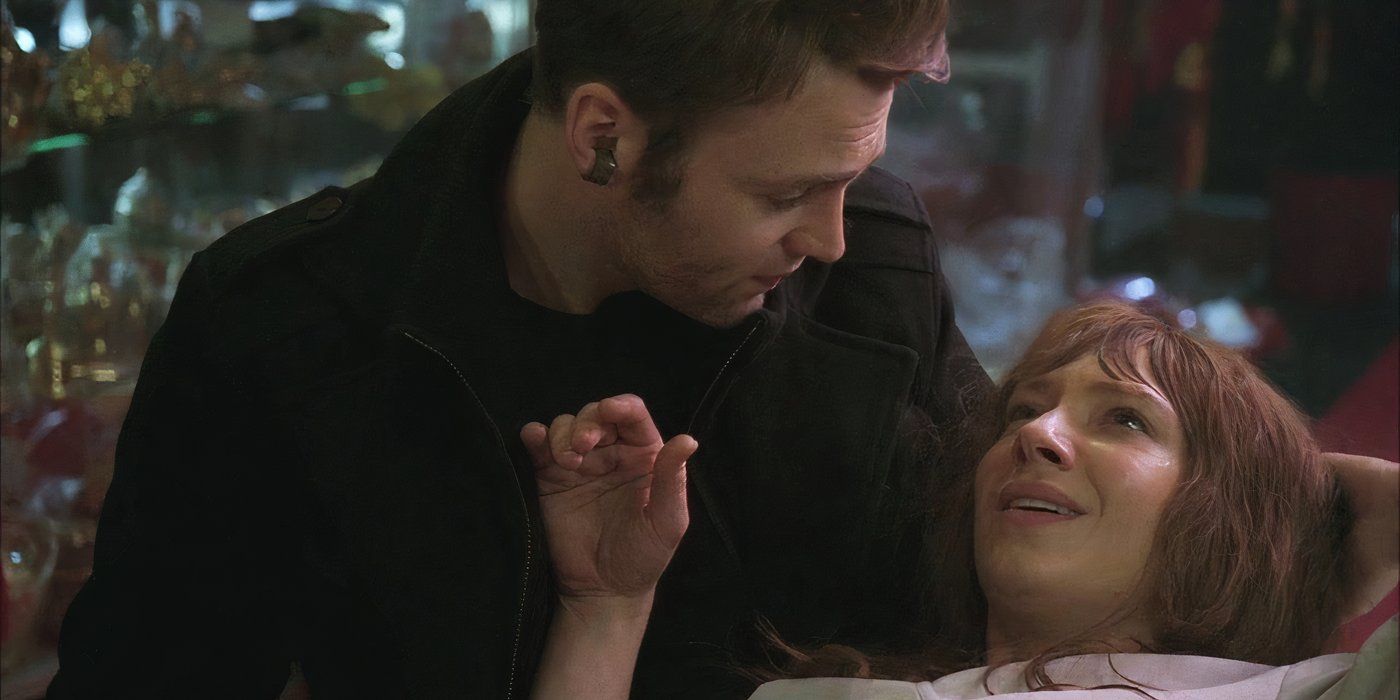
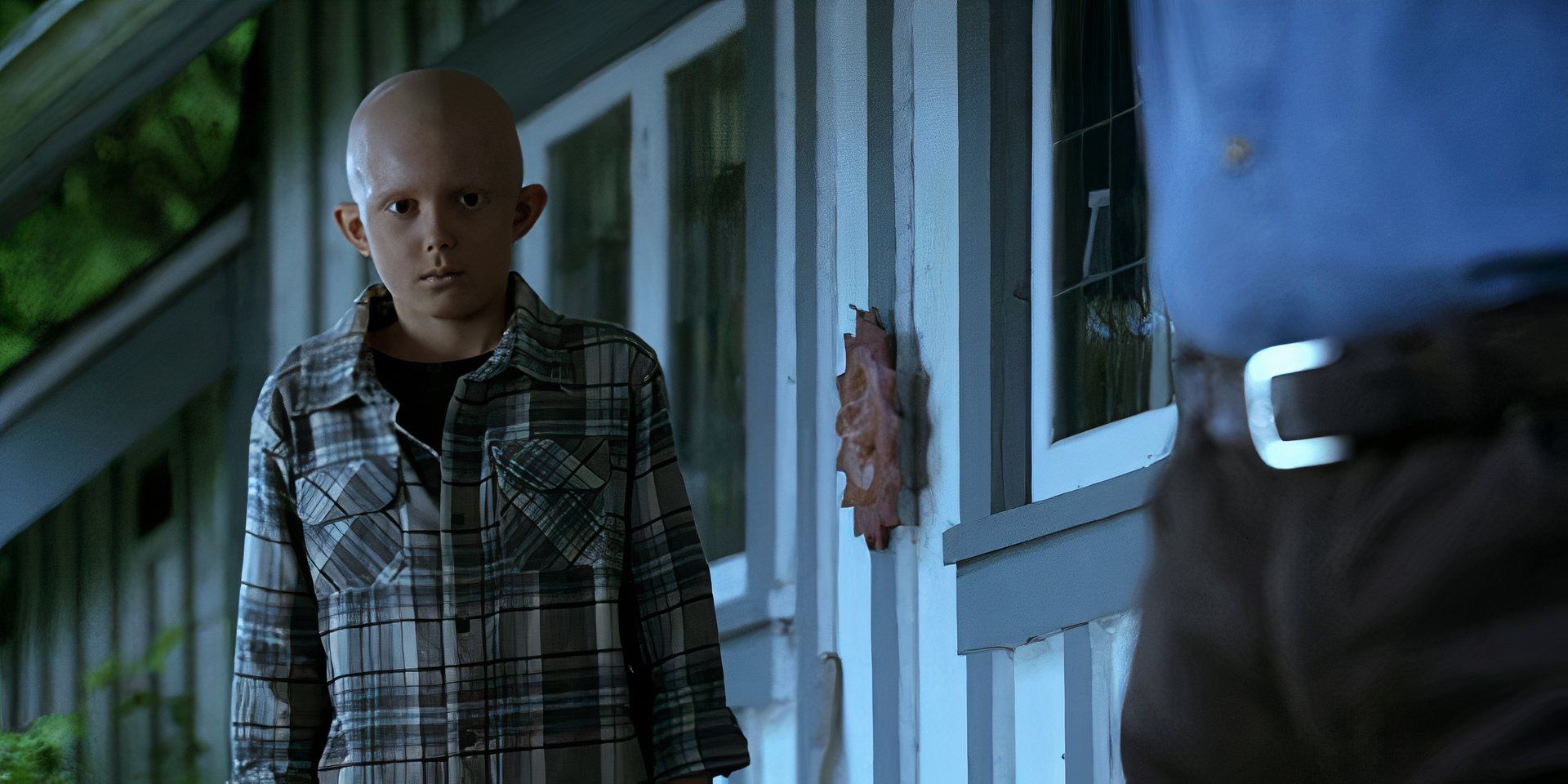

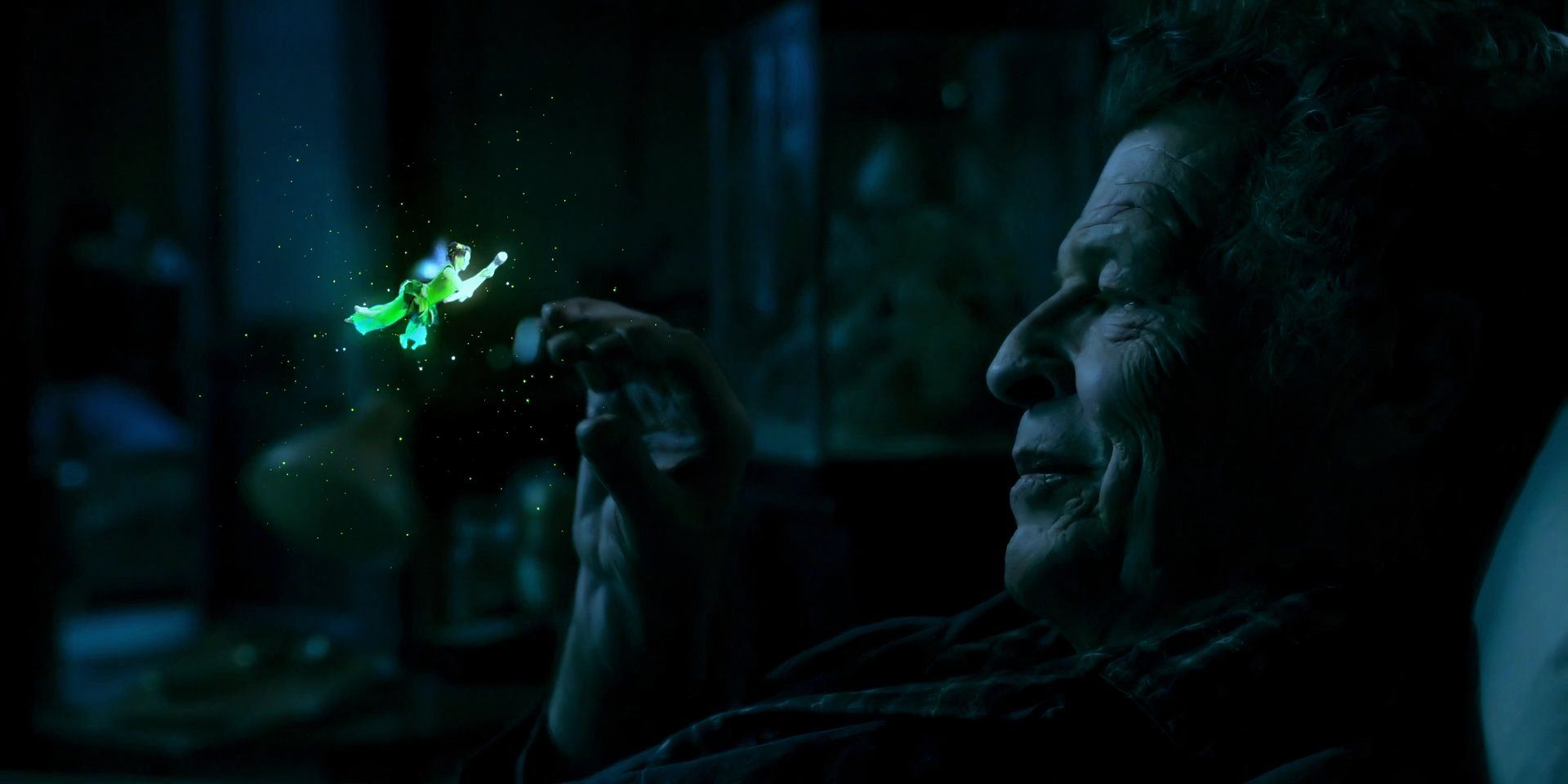
The “Fringe” TV series took a daring approach with its conclusion – it opted not to provide all the answers. In the final episode titled “An Enemy of Fate,” the Fringe team embarks on a desperate mission involving time travel, intending to prevent the Observers’ oppressive future from ever materializing. Walter, joined by Michael, the empathic Observer child, journeys into the future for one last heroic act, accepting that he won’t return. This action rewinds the timeline to 2015, a world where Peter, Olivia (Anna Torv), and their daughter Etta reside in a reality untouched by Observer invasion.
The finale of Fringe was deliberately left with unanswered questions. It provided emotional resolution instead of clear explanations. While Walter’s fate is suggested, it remains a mystery. The timeline is reset but not clearly explained. Fans were moved by the last scene – Peter receiving a sketch of a white tulip, a recurring symbol of forgiveness and hope in the series – yet many questions about what happened to Walter later on, how the timeline addressed its paradoxes, and whether the alternate universes continued to exist lingered unanswered.
I found the allure of Fringe lies in its resistance to simplify complex sci-fi elements for viewers. The conclusion embodied this spirit, fostering an engaging environment where personal interpretations held more weight than rigidly defined facts. This creative decision underscored Fringe‘s unique identity as a show that deftly blended emotion with thought-provoking ideas. Yet, by keeping certain elements enigmatic, it also set the stage for potential pitfalls should we revisit this universe in the future. Revisiting the story would either require addressing the unanswered questions or risking additional inconsistencies.
A Fringe Reboot Would Have To Address What Really Happened In The Series Finale
A New Fringe Series Couldn’t Avoid Unraveling The Ambiguity That Made Its Ending Work
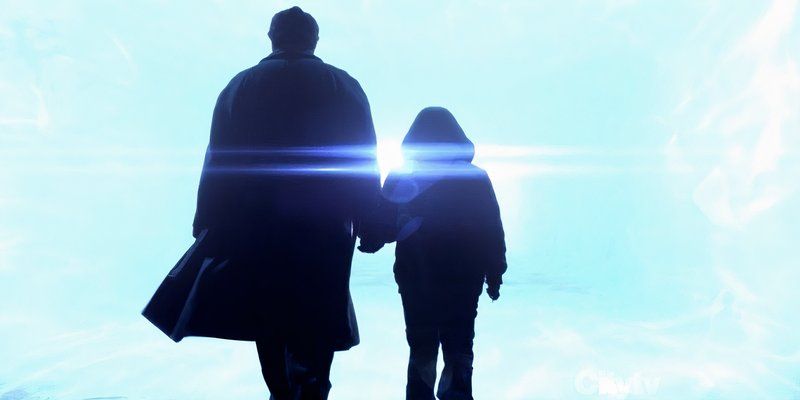
A potential revival of the show “Fringe” would be compelled to clarify what transpired after the original series finale. The instance where Walter and Michael vanish into the future sets the story on two distinct paths – the future timeline becomes nullified, and a fresh version of events unfolds. Yet, this new narrative was never delved into. Did Peter recall everything from the voided Observer-dominated timeline? Was Olivia able to reactivate her abilities again? Was Walter’s departure permanent, or could there be a possibility for his return?
If “Fringe” were to come back, even in a limited form, it’d be challenging to proceed without offering some resolution. Reintroducing these characters would necessitate setting up a new situation, which would necessarily involve explaining the consequences of Walter’s sacrifice. Yet, providing answers might dilute the emotional complexity of “An Enemy of Fate.” The finale was effective because it left room for interpretation. Adding explanations now could transform the finale into a resolution that took too long to unfold, making it feel less like a mystery and more like a prolonged cliffhanger.
Additionally, there’s the challenge of maintaining consistency. After a span of 12 years, the current timeline now aligns with the rebooted timeline of Fringe in 2015. If the show were to resume, it would face a decision between following real-life time progression or delving into the intricate aspects of time travel again. Both options could potentially undermine the poignant emotional resolution that the original series had achieved.
Despite fans’ eagerness for answers, it’s important to remember that the ending of the Fringe TV show left some doors open symbolically rather than literally. Reviving the series could be a delicate balancing act: preserving the original’s thematic depth while providing explanations for events left unexplored. Such an approach might potentially alter the significance of Walter’s sacrifice in the process.
How A Fringe Reboot Could Work (Despite The Original Show’s Satisfying Ending)
Fringe Could Return If It Leaned Into A New Story Rather Than Undoing The Old One
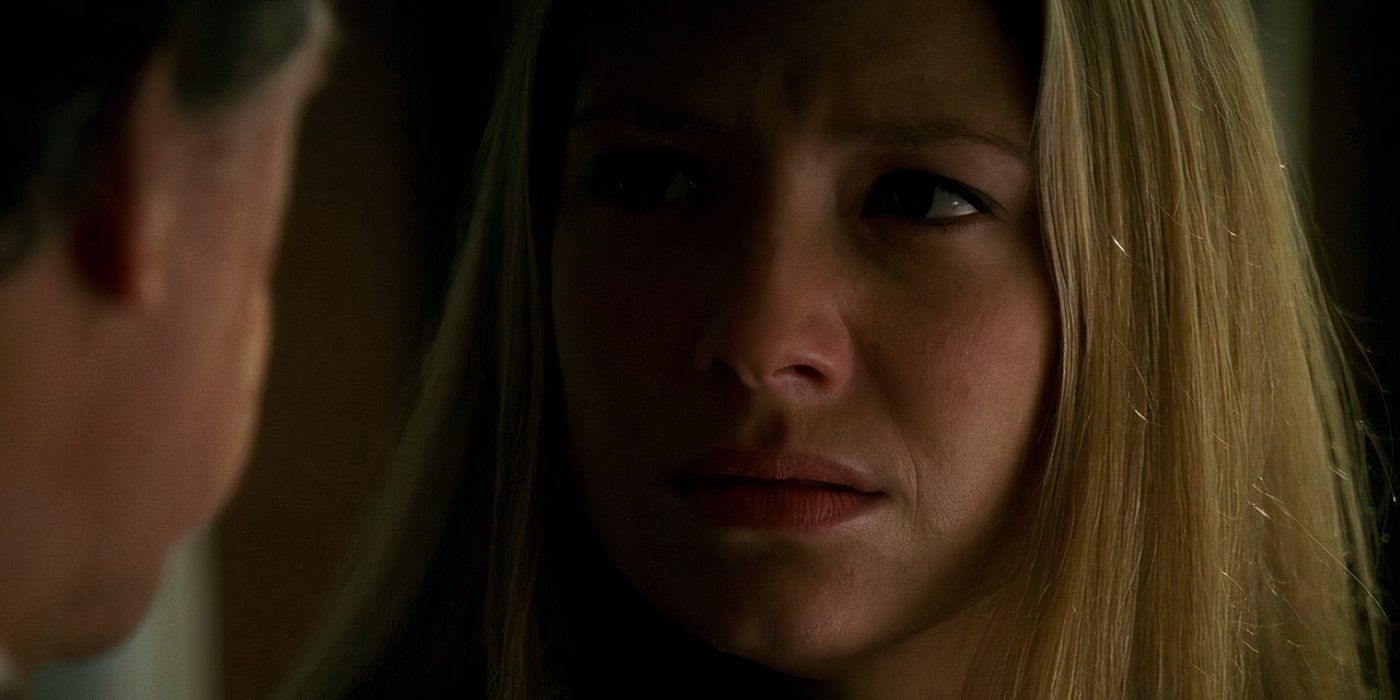
Regardless of how fulfilling the finale of the Fringe TV series was, there remains an eager fanbase yearning to revisit its intriguing world. The resurgence of sci-fi is undeniable, as evidenced by the successful revivals of shows like The X-Files, Battlestar Galactica, and Doctor Who. These franchises have demonstrated that audiences still crave updated versions of iconic genre series. Given Fringe‘s multi-universe premise, it offers a ripe opportunity for reinvention without needing to reverse the ending. Instead, a revival could further explore the universe without contradicting its established history.
A thoughtful method for resurrecting the series Fringe might involve focusing on fresh characters who are influenced by the aftermath of the Observer timeline. Perhaps there could be a new Fringe Division in an alternate reality. Bringing back significant cast members such as Joshua Jackson, Anna Torv, and John Noble (perhaps through flashbacks or alternative personas) would add richness without undermining the emotional impact of the original finale. A comeback could delve into leftover Observer technology, temporal reflections, or unveil a new ominous threat birthed from the timeline reboot.
A continuation in this manner would enable “Fringe” to progress instead of deteriorating, much like the series reinvented itself numerous times throughout its five seasons. In essence, a reboot could preserve that same bold essence. As far as it adheres to Walter’s final act and the emotional resolution of “An Enemy of Fate,” it has the potential to thrive without contradicting previous events. Essentially, the ending of the “Fringe” TV show doesn’t have to be a hindrance; rather, it can serve as a base for something entirely fresh and innovative.
Read More
- Gold Rate Forecast
- PI PREDICTION. PI cryptocurrency
- Masters Toronto 2025: Everything You Need to Know
- We Loved Both of These Classic Sci-Fi Films (But They’re Pretty Much the Same Movie)
- Mission: Impossible 8 Reveals Shocking Truth But Leaves Fans with Unanswered Questions!
- SteelSeries reveals new Arctis Nova 3 Wireless headset series for Xbox, PlayStation, Nintendo Switch, and PC
- Eddie Murphy Reveals the Role That Defines His Hollywood Career
- LPT PREDICTION. LPT cryptocurrency
- Rick and Morty Season 8: Release Date SHOCK!
- WCT PREDICTION. WCT cryptocurrency
2025-06-07 14:28